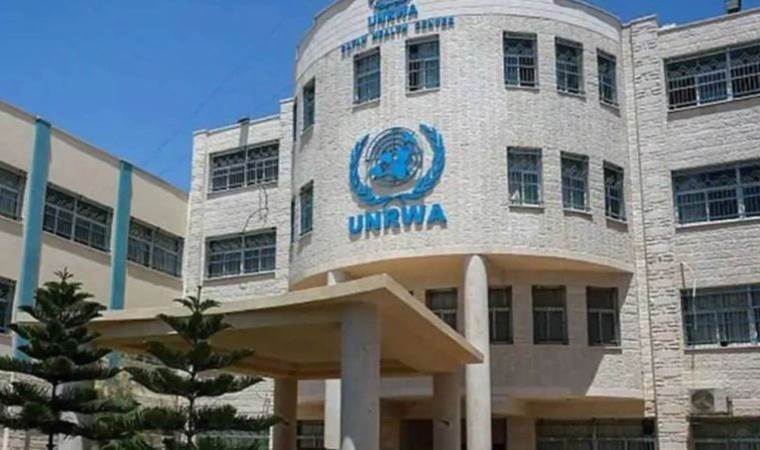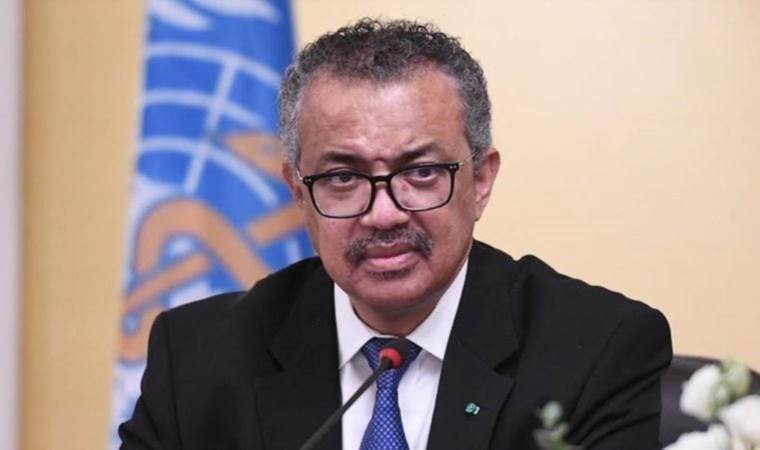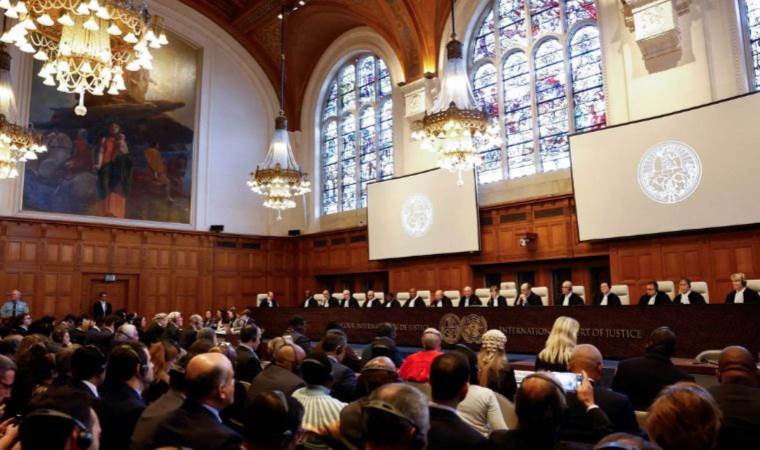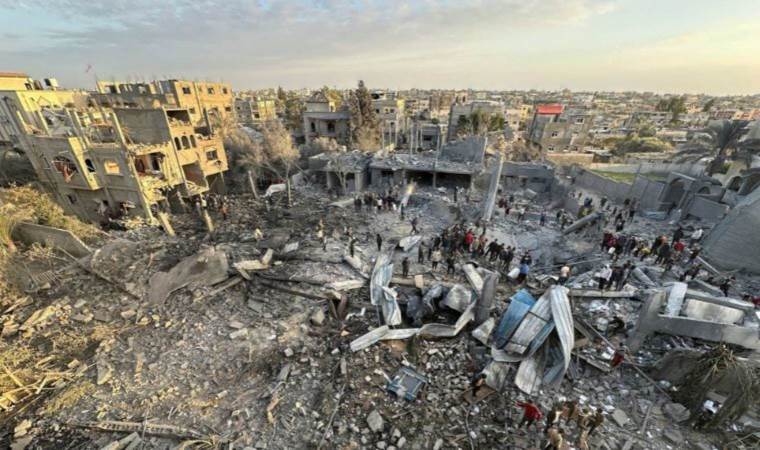Understanding UNRWA and the suspension of funding by some countries
UNRWA, the U.N. agency aiding Palestinian refugees, faces funding suspensions from key donors amid allegations of staff involvement in Hamas attacks in Israel. The agency, crucial for millions in Gaza and the West Bank, disputes these claims and warns of a dire humanitarian impact if funding doesn't resume.

The United Nations Relief and Works Agency for Palestine Refugees in the Near East (UNRWA), established in 1949 following the war that accompanied Israel's founding, faces funding suspensions from major donors. These donors have reacted to allegations that about 12 of UNRWA's tens of thousands of Palestinian employees may have been involved in the October 7 attacks in Israel, reportedly carried out by Hamas.
UNRWA's Role:
UNRWA was created by a U.N. General Assembly resolution to address the crisis of approximately 700,000 Palestinians who fled or were expelled from their homes during the 1948 Arab-Israeli War. Today, the agency employs 30,000 Palestinians and serves 5.9 million refugees, including their descendants. It operates in the Gaza Strip, the West Bank, and refugee camps in neighboring Arab countries. In Gaza alone, it employs 13,000 people, administering schools, healthcare clinics, and various social services. Since the imposition of the blockade by Israel and Egypt in 2005, UNRWA's role in Gaza has become increasingly vital, particularly given the region's severe economic challenges.
Recent Developments:
Since the escalation of conflict after the October 7 attacks, nearly one million Gazans, or about 45% of the enclave's population, have sought refuge in UNRWA facilities. The agency is now a crucial provider of basic necessities for almost the entire population of Gaza. The conflict has also been perilous for UNRWA staff, with over 150 employees killed, marking it as the deadliest conflict for U.N. workers.
Funding and Donors:
UNRWA primarily relies on contributions from U.N. member states, regional governments, and the European Union, which comprise over 89% of its budget. In 2022, leading government donors included the United States, Germany, the European Union, Sweden, Norway, Japan, France, Saudi Arabia, Switzerland, and Turkey. However, nations such as the United States, Britain, Germany, Italy, the Netherlands, and Switzerland have recently suspended their funding in response to the allegations.
Allegations and Responses:
An Israeli dossier, reviewed by Reuters, implicates 12 UNRWA staff members in the October 7 attacks, with most allegedly participating directly. Israel claims that UNRWA has employed numerous militants from Hamas and Islamic Jihad. In response, UNRWA has dismissed the implicated staff and decried the funding suspension, arguing that it endangers its mission and exacerbates the humanitarian crisis in Gaza. Philippe Lazzarini, UNRWA's chief, has called for an independent investigation, emphasizing the agency's swift action against the accused employees. The agency, already financially strained, warned that operations might halt by the end of February without resumed funding.
Israel's Stance on UNRWA:
Israeli authorities have consistently advocated for the dismantling of UNRWA, arguing that it perpetuates anti-Israel sentiments and is infiltrated by Hamas. Prime Minister Benjamin Netanyahu has criticized the agency for allegedly promoting extremist ideologies and applauded the U.S.'s funding cuts under the Trump administration. UNRWA disputes these accusations, maintaining its commitment to neutrality and humanitarian principles. The agency has faced other controversies, including a leadership resignation in 2019 and an incident involving rockets found at a vacant UNRWA school in 2014.



